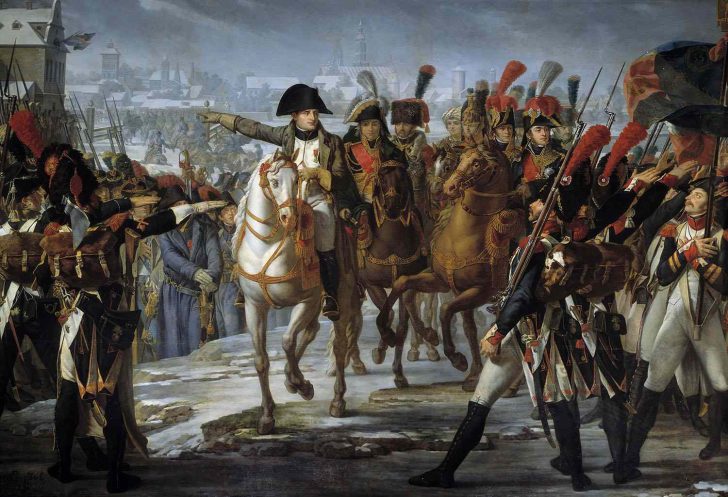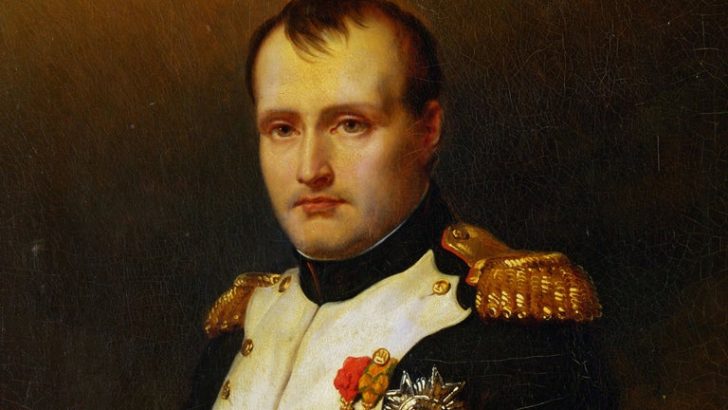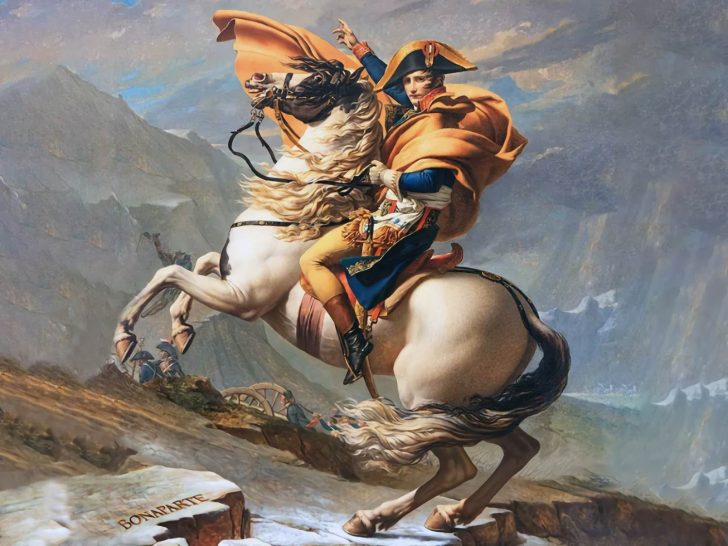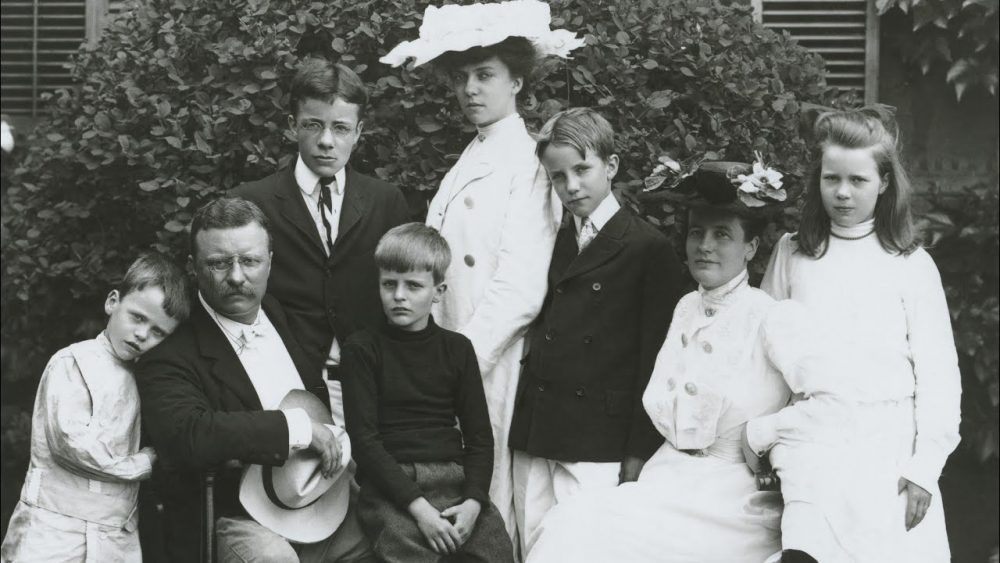Napoleon Bonaparte is a name that resonates through the corridors of history. Not just as a conqueror, but as a visionary who reshaped the very fabric of the world he lived in. Born on a little island called Corsica in 1769, just after it became a French territory, Napoleon's story is one of ambition, intellect, and, of course, controversy.

GTN / Napoleon Bonaparte, better known as Napoleon I, was a military extraordinaire who rose to prominence during the French Revolution in the later 18th century.
However, young Napoleon was not exactly your typical French aristocrat. Coming from a relatively modest Corsican family, he was more of an outsider, struggling with French and fitting in. But what he lacked in social graces, he made up for with a sharp mind and a fascination with military strategy. Picture this young lad, nose always buried in books about Alexander the Great and Julius Caesar. Dreaming not just of glory but of reshaping the world.
His big break came with the French Revolution. While chaos consumed the streets of Paris, Napoleon saw an opportunity. He rose rapidly through the ranks, thanks to a mix of sheer talent and the revolutionary turmoil that had a habit of vacating positions above him.
Napoleon The Conqueror
Fast forward a bit, and Napoleon's making waves across Europe. He was not just a soldier. Instead, he was a force of nature. From the snowy Alps to the sands of Egypt, he led his armies with a mix of sheer audacity and strategic brilliance. But it was not all smooth sailing.
Egypt, for instance, was more of an ambitious blunder than a triumph. But it hardly put a dent in his reputation.

The Talks / Back home, the exploits of Napoleon Bonaparte (the war of god) were the stuff of legend, making him the perfect candidate to take the reins of a France in desperate need of stability.
The Military Genius in Napoleon
Napoleon's military genius was not just in winning battles. It was in how he reshaped warfare itself. He had a knack for moving armies faster and more efficiently than anyone else, catching his enemies off guard and hitting them where it hurt. He was a master of artillery, a pioneer of the corps system, and had an uncanny ability to read the battlefield.
So, in a way, Napoleon turned war into a deadly form of art.
The Battle of Austerlitz: A Tactical Masterpiece of Napoleon
Now, let's zoom in on the 1805 Battle of Austerlitz, often hailed as Napoleon's pièce de résistance. Picture this: Napoleon, outnumbered, facing a coalition of Russian and Austrian forces. To any other commander, the odds were daunting. But to Napoleon? It was an opportunity to showcase his tactical genius.

The News / Many historians argue that 1805 Battle of Austerlitz was Napoleon's pièce de résistance.
The battle was a masterclass in deception and psychological warfare. Napoleon made his army look weak, tempting the Allies into a premature attack. Then, with a mix of feigned retreats and sudden, ferocious assaults, he turned the tables. The result? A crushing victory that not only decimated the Third Coalition. But it also solidified his reputation as one of history's great military minds.
The Man Behind the Myth
But who was Napoleon, really? Beyond the battles and the empire-building, there was a man known for his tireless work ethic, his ability to inspire loyalty, and, yes, his ego. He was a reformer, introducing laws and educational systems that form the bedrock of modern France. Yet, he was also a tyrant, hungry for power and prone to hubris.
So, all in all, Napoleon was a man who came from nowhere to become everything, only to lose it all on the windswept fields of Waterloo.




